When I was a kid, my family used to host exchange students from Japan. I thought it was funny that our students would hold two fingers up in a peace sign for pictures, an equivalent “say cheese for the camera.” Later, though, I read this is considered the peace sign because it meant “V” for victory following the World Wars. It then supposedly became popular culture in Japan because a certain celebrity always made the peace sign for the paparazzi.
It blows my mind that the United States and Japan used to be at war, but now, years later, we host exchange students back-and-forth and take pictures together with the peace sign.
I’ve heard countless stories of redemption, between cultures and friends, between victims and their oppressors. And despite the worst atrocities, people still stand for truth while offering forgiveness in the midst of their conflict.
There is something that exists much more powerful than division and fear.
“Turn away from evil and do good; seek peace and pursue it” (Psalm 34:14 ESV)
I, like most Americans, claim to embrace peace. Because I am considered a globally-aware-hippie-activist, I’m even more so lumped-in with the peace lovin’ crowd (which is fine with me, because I do like the symbolism and sweet t-shirts that come with it). But, if I am honest, I struggle forgiving those who I’ve been hurt by, as I am sure a lot of you do too.
Ironically, although we allege our general peacefulness, the United States was built on war, revolt, rebellion. As glorious as that might have been, a lot of what America stands for– independence, happiness, rights– is at conflict with the concept of unity, harmony, and mutual tranquility. Maybe we should consider that we Americans might not actually be the best epitome for peace.
But, I am challenged to desire this characteristic. I often see Jesus and Paul in the New Testament, embracing acts which led to peace, even when it was individually stifling. This is a fascinating discussion, understanding peace in a framework of living out justice and freedom. I think that conversation should also be had amongst my fellow seekers of justice.
But for now, let’s go back to peace.
For the International Day of Peace, I could write a thousand words about current conflicts such as ISIS, Syria, the genocides and unrest in Sudan and South Sudan. I could write about Iraq and I could write about Israeli-Palestinian relations. Then there is Al Qaeda, and . . . wait, let’s stop there. This short video of this drunk kid discovering oh-so-late Osama Bin Laden died is hilarious:
Okay, back to the subject of peace.
There are a bazillion concerns in each conflict from a micro to macro level. I have no doubt we won’t harmonize discussing what should be done considering the state of our world. So instead, let’s focus on how we can come together. I think there are a few ways we respond to the world around us applying the characteristic of peace.
5 Ways to Embrace Peace
1.) Pray for Peace
When I was in a music/missions school, I wrote a d’jembe song to this verse about seeking peace for the nations (or more specifically, a not-liked nation). Now anytime I think of praying for something grandiose and political, this drum-circle harmonizing song pops into my head and I get a groove on. (Internally of course.)
Here is the verse:
“And seek the peace of the city where I have caused you to be carried away captive, and pray to the Lord for it; for in its peace you will have peace.” Jeremiah 29:7 NKJV
As you might not consider writing your own song to bongos or d’jembes practical, this post, Our Most Powerful Weapon Against ISIS, includes a great tool– five things to focus on in your prayers.
2.) Give to help those loving others in conflict zones
As an example, I like the methods World Help is using to help the refugee fallout from Syria and ISIS in the Middle East. Or there are orgs like War Child and Seeds of Peace that pretty much specialize in the whole peace in political conflict bit.
3.) Foster unity and forgiveness in your own life and relationships
Today I was challenged when a friend who I’ve had some issues with did something else that hurt me. This reopened a wound with her I’ve had to deal with countless times. And just as in the previous situations, I had to take the time to consider how I can begin to forgive and love her once again. It is a process that can be unhappy and time consuming, usually involving prayer, journaling, doing nice stuff, etc…
How can you be a person of peace, working towards unity today? What is one small step?
4.) Speak loudly
If you want to help end wars or conflicts, use your voice. Although it might seem our voices are too small, they undoubtedly still make a difference by shifting the perspectives of those around us. Then, sometimes together they join to become so loud that the people at the top hear us and act. Don’t be afraid to ruffle some feathers, sign some petitions, and otherwise make a stand for the type of justice that results in peace. You can instigate a dialogue between individuals you know that might not otherwise talk about peace or politics. Or, to make is super simple, sign this petition that calls for some measures to be sure big players in the world aren’t overlooking some types of violence.
Still, I encourage you to actually consider one way you can use your voice this week for peace (and let me know in the comments what it is).
5.) Consume peace, buying products which promote justice
Considering that what we buy has origins, and sometimes the origins are not exactly peaceful, contemplating where our stuff comes from seems like a good idea. How to do that, though, is a whole different story. I might just be figuring out how to not buy clothing or chocolate that is made by forced labor (ahem, though more often than not I ignore my purchasing power). But, to take it a step further by asking if my purchases don’t feed conflict? I did make sure my wedding ring doesn’t have a “blood diamond” in it. And I have heard of Raise Hope For Congo, which ranks tech companies by who uses the most and least amount of conflict-free stuff in their products and otherwise gives ways to take action by helping consumers know how to buy stuff that is war-free.
But otherwise, I’m not sure I am educated enough on the subject to be able to respond much as a consumer.
Still, I do know of ways I can purchase that helps people who have been affected by conflict. One of these organizations I featured awhile back, called Peace Bomb. I couldn’t believe that our wars have left so much residue damage and how this organization was working to help those literally blown up by our war. This cookbook helps women from war-torn countries as do these products assisting child soldiers.
Any more ideas? Me neither. But let me know if you have something to add to this list to help promote peace!

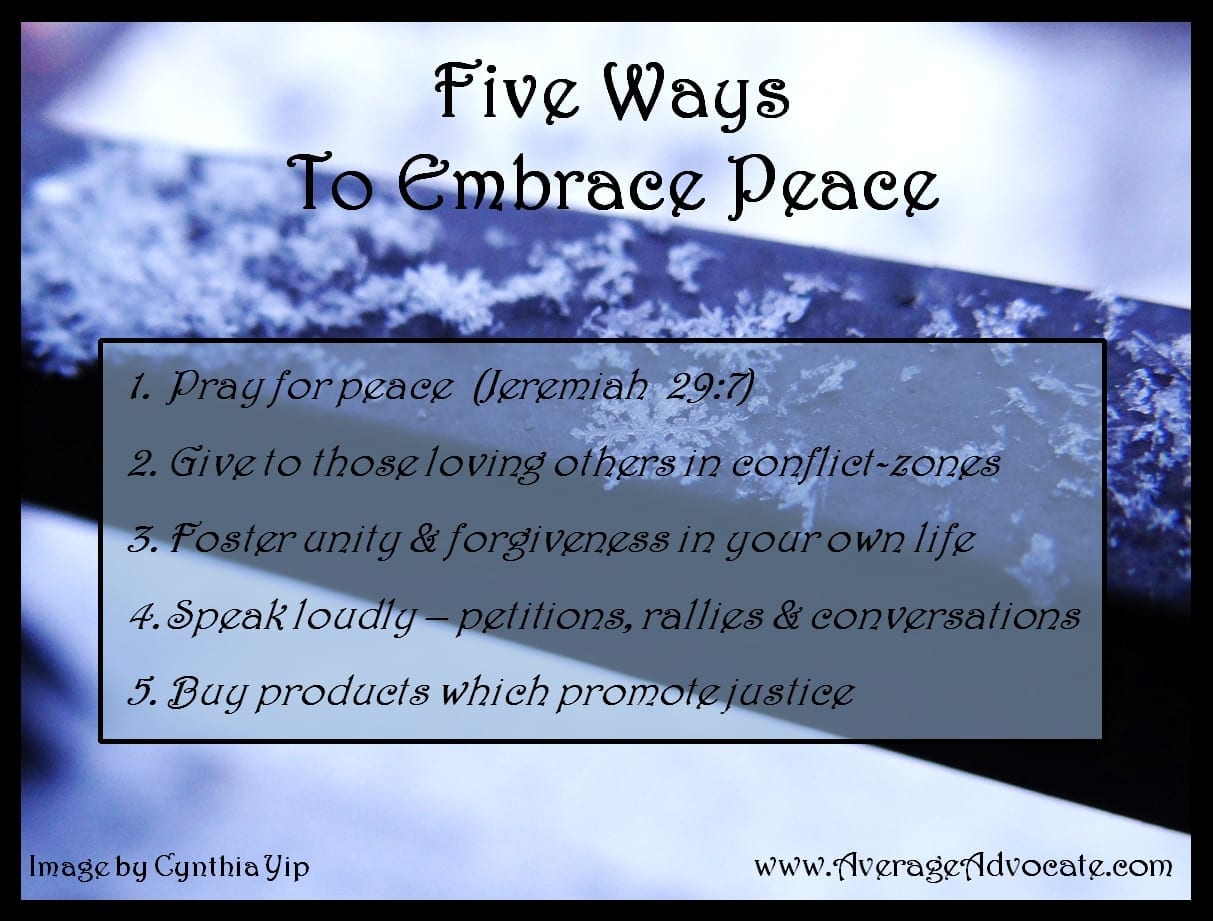
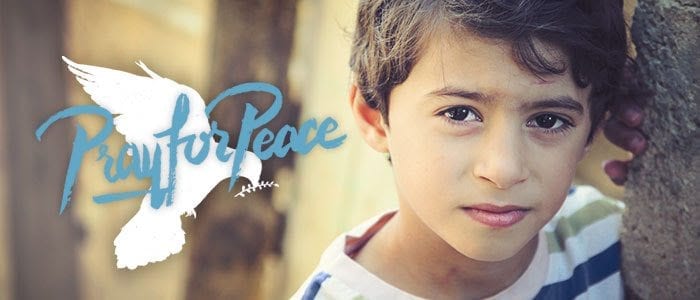
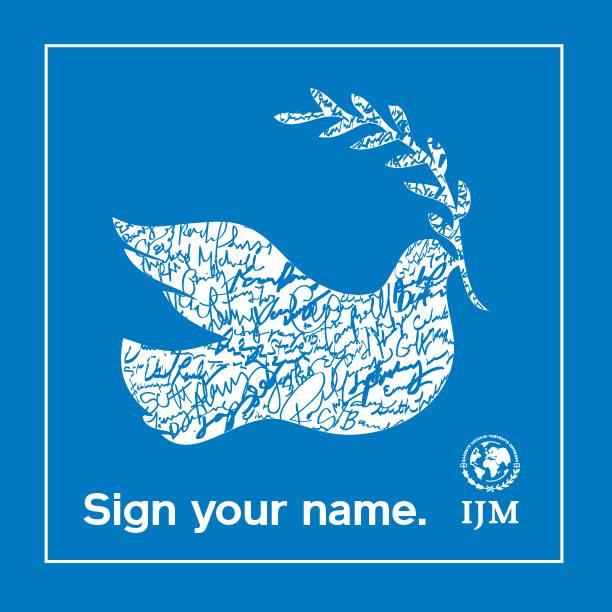

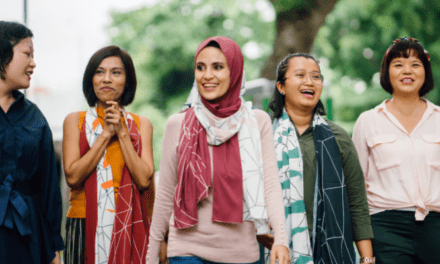


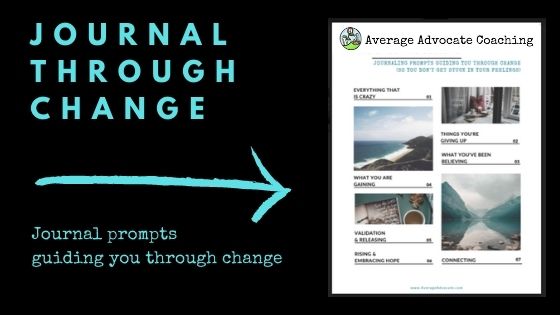
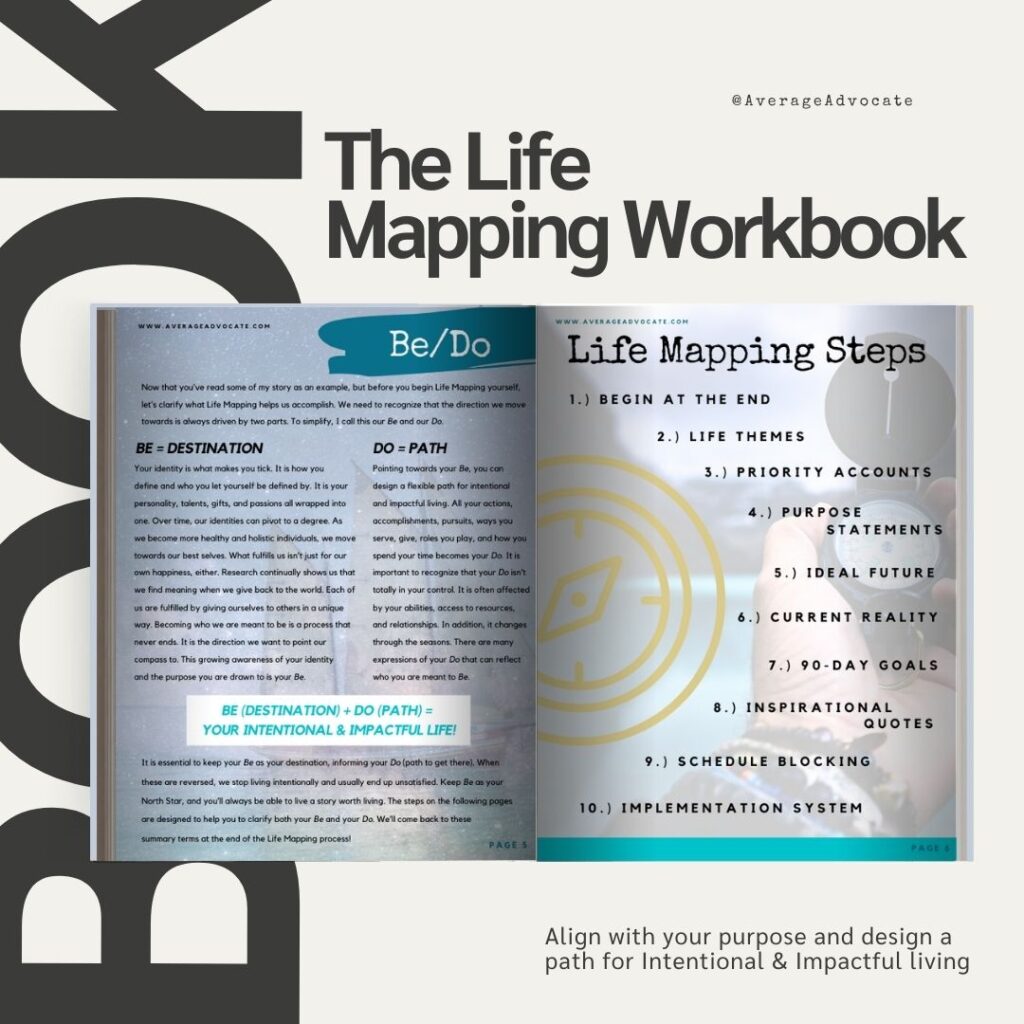
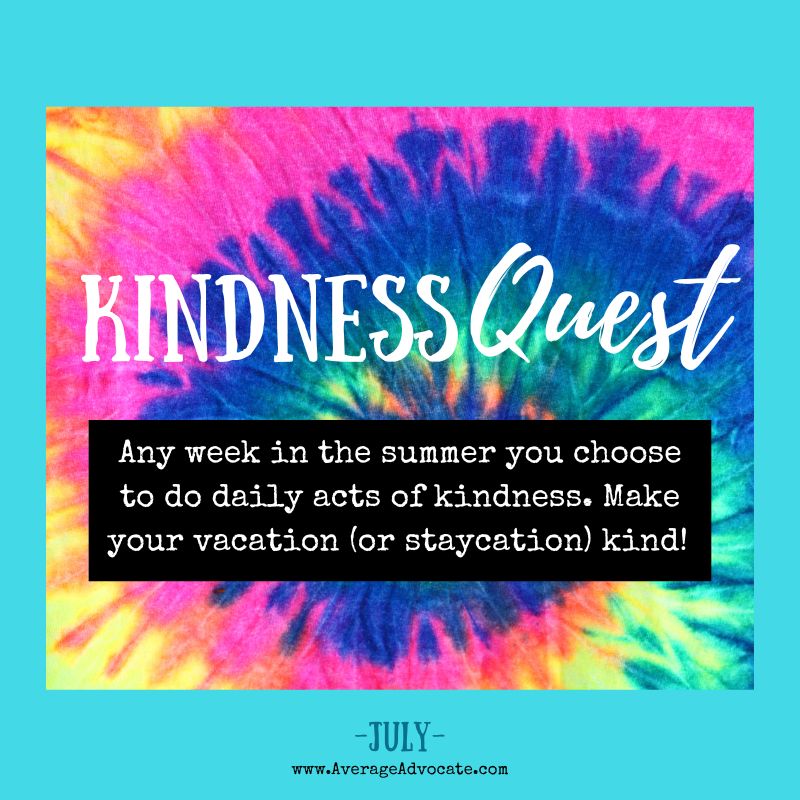

Trackbacks/Pingbacks